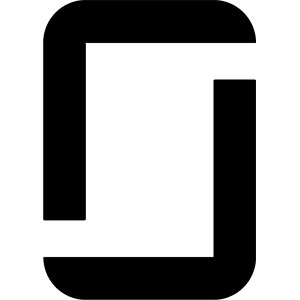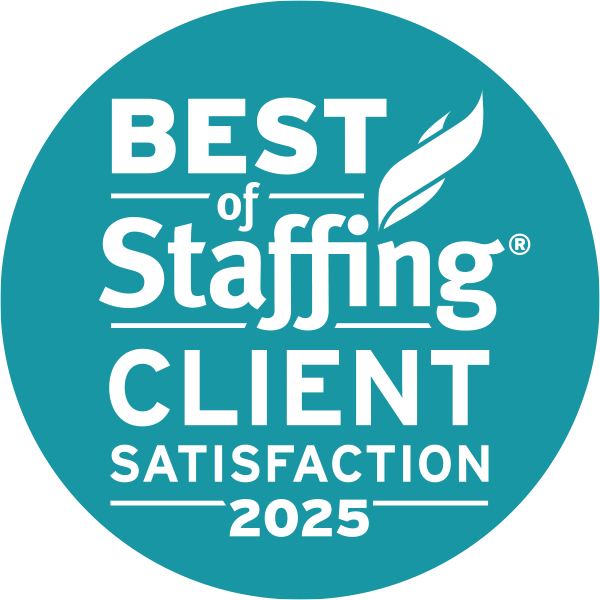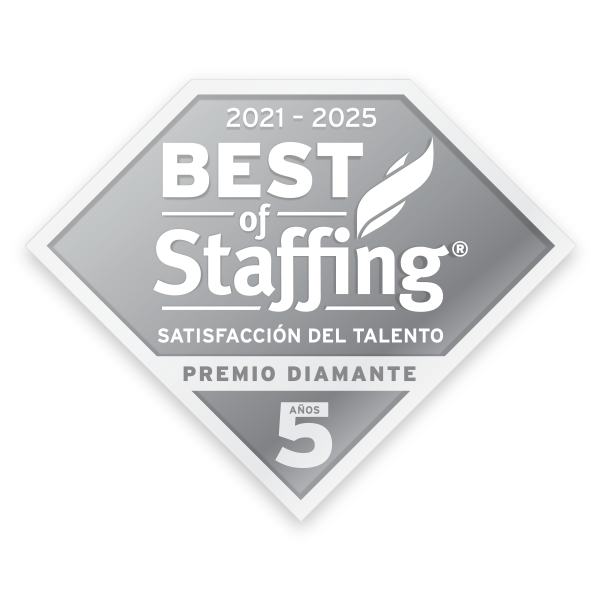Your resume is a one+ page summary of your jobs (past and present), experiences, accomplishments, and personal interests. When you go into an interview and hand off your resume you are giving the interviewer(s) a brief representation of yourself. This is why you need to know every aspect of your resume and be able to talk about every bullet point, headline, fact, and figure. The interviewer will interpret what you hand them and ask you to elaborate and explain each of point they might find interesting or incomplete.
Before going into an interview, prepare yourself so you can address every statement that is included on your resume. Be able to elaborate and clarify everything you have listed.
Jobs: Tell me about what you did at XYZ Company? It is a simple question, but if you don’t know where to go with it, you might trip over your own feet, and fail to highlight some of the most important aspects of your time at XYZ Company. Be ready to talk about the responsibilities you held as well as what your day today schedule looked like. If it is a past job, make sure you also have a good answer for why you left.
Experiences/Accomplishments: If you are unsure how to elaborate on the experiences you have listed on your resume, try using the STAR method.
Situation – What was the situation you were in that required an action?
Task – What needed to be done?
Action – What did you do
Result – What was the end result, were you successful in what you were trying to do?
By laying out each accomplishment in this format you will have your talking points ready for when an interviewer asks for more detail. This also ensures you won’t ramble on about unnecessary details, and will remain focused on how you achieved the end result.
Interests: When listing interests on your resume, make sure they are activities that you actually have a passion for. If an interviewer sees a common interest on your resume and tries to talk to you about it, it can be a death sentence if you had just listed something you tried 4 years ago just because you thought it would look good at the bottom of the page.
When you hand off your resume you are giving someone a framework of what they can ask you about. Since you try to condense your personal information, there can be the need for clarification and expansion where there might be gaps. The last thing you think an interviewer will ask you about might end up the first thing off their tongue, so it is best to know your resume in and out, and be able to talk about every job, experience, interest, and accomplishment as if it happened yesterday.







